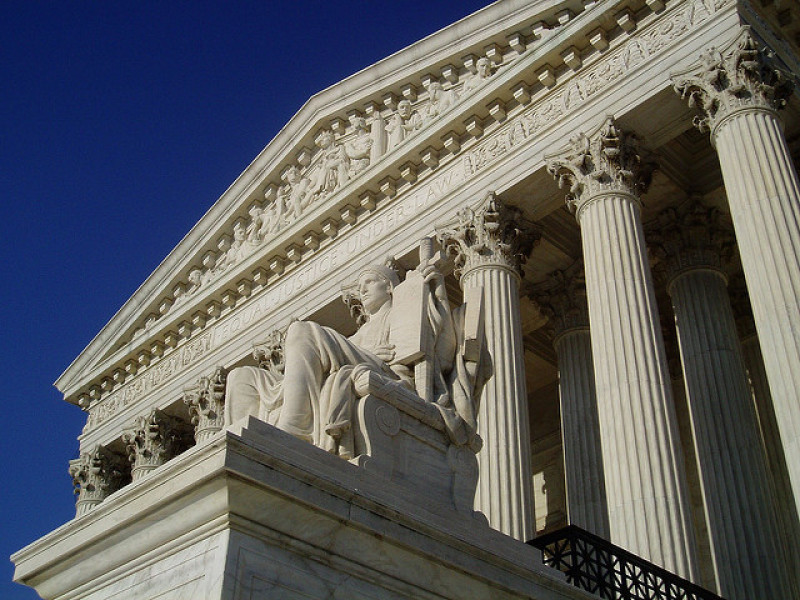
The Supreme Court upheld the University of Texas' affirmative action program on Thursday, allowing the university to consider race and ethnicity in the admissions process.
By a 4-3 vote, the justices voted in favor of the program. Justice Elena Kagan recused herself due to her prior position as solicitor general during which she had worked on the case.
Justice Anthony M. Kennedy wrote the majority opinion. He was joined by Justices Stephen G. Breyer, Sonia Sotomayor, and Ruth Bader Ginsburg.
"A university is in large part defined by those intangible "qualities which are incapable of objective measurement but which make for greatness.' Considerable deference is owed to a university in defining those intangible characteristics, like student body diversity, that are central to its identity and educational mission," he wrote. "But still, it remains an enduring challenge to our Nation's education system to reconcile the pursuit of diversity with the constitutional promise of equal treatment and dignity."
Justice Samuel A. Alito Jr., however, contended that the university had not specified its reasons for its affirmative action program, saying "the university has still not identified with any degree of specificity the interests that its use of race and ethnicity is supposed to serve," in his 51-page dissent. He was joined by Chief Justice John G. Roberts and Justice Clarence Thomas.
The University of Texas' admissions program, also called the Top 10 Percent program, allows for the top students in every high school in the state to be admitted into the university. The remainder of the freshman class is admitted under a more holistic review that includes academic achievements, like SAT scores, and race and ethnicity.
Abigail Fisher, a white woman who was denied admission to the university, brought the case in 2008, the grounds that she was discriminated against in the admissions process because of her race.
"I am disappointed that the Supreme Court has ruled that students applying to the Univ. of Texas can be treated differently because of their race or ethnicity. I hope that the nation will one day move beyond affirmative action," Fisher said in a statement.
In 2013, the Supreme Court sent her case back to the lower courts after the 5th U.S. Circuit Court of Appeals decided the program to be constitutional.. The lower courts, again, affirmed the constitutionality of the program, prompting Fisher's appeal to the Supreme Court.
States that ban the consideration of race in the admissions process of public universities include Arizona, California, Florida, Michigan, Nebraska, New Hampshire, Oklahoma and Washington.



















